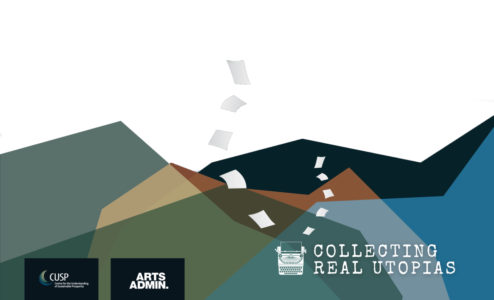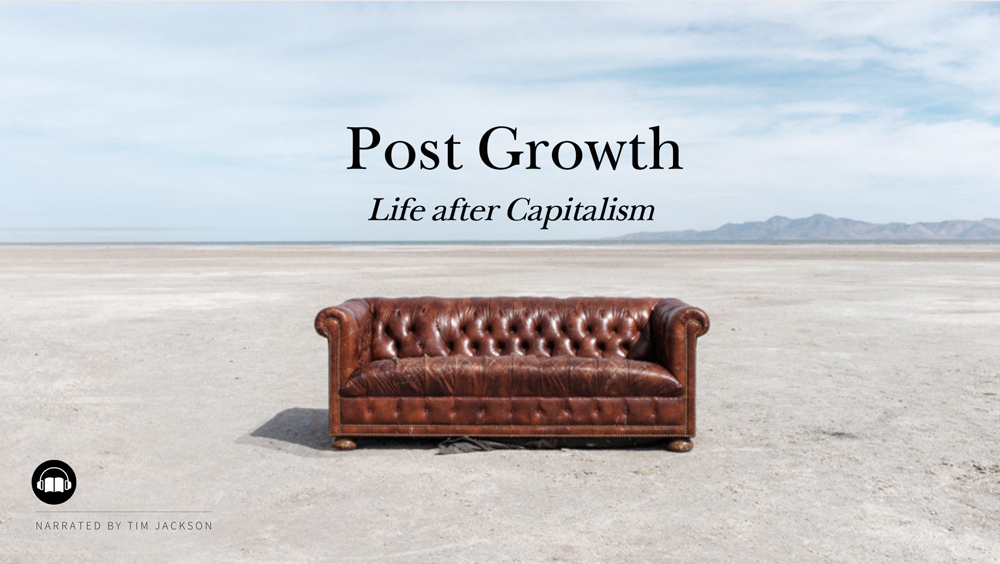Collecting Real Utopias: Introductions
Over the coming months, Dr Malaika Cunningham, CUSP research fellow and Practice Researcher at Artsadmin, will be writing a monthly blog series entitled ‘Collecting Real Utopias’. In this first blog of the series, Malaika introduces the motivations and ideas behind the series, and offers a taster of what’s to come. This blog also appeared on the artsadmin website.

I begin writing this having just read the news – yet again losing a battle with myself to take news apps and Twitter off my phone. It’s late March and the Policing Bill has just passed its second reading in the Commons. The government has just announced a £10 billion expansion of Trident (ending 30 years of gradual de-nuclearization). This second headline sits right next to an announcement of a £1 billion investment into industrial decarbonisation (such as exploring hydro-heating systems in schools and hospitals). In response to this discrepancy, a wry tweet reads “When your government cares more about destroying the world than saving it”. I read all this knowing that the news I get is drastically different to the news presented to much of the population – and that our resulting sense of reality seems irreconcilable. Overall, it’s bleak, and I want to do something, and it’s hard to know what that should be.
This may seem like an odd place to start for a blog series about utopias. But I want to acknowledge that anger and despair are the roots of this project of active optimism. I start here because I want to make it clear that although this series is utopian, it is not naïve. This blog serves two purposes. Firstly, it seeks to highlight and celebrate real utopian projects that are happening all over the world – to offer proof and inspiration that another world is possible. Secondly, it is a personal quest for optimism and joy: I wish to balance the anger I feel towards multiple current realities, with real utopian visions for how things could be. We cannot be motivated by anger alone; we need utopias to aim towards as well.
This work is inspired by the writings of the sociologist Erik Olin Wright, who argued that optimism is necessary for the world to be transformed – we must believe other worlds are possible in order to change it. We cannot face the oppressive forces of capitalism with only an agenda of destruction; we also need desirable, viable, and achievable alternative visions for society.
The term ‘real utopias’ is technically a contradiction in terms. Utopia literally translates as ‘no place’ – they are an imaginative exercise. Indeed, another sociologist, Ruth Levitas, argues that the power of utopias is exactly this: because of their practical impossibility, their purely imaginative existence, they make a useful tool with which to re-imagine society. The impossibility of utopia allows us to think beyond practical considerations and focus on radical visions of possible futures. For Levitas, utopia is an aspiration – never reached and always changing – which challenges us to be constantly working towards more just versions of the world.
Wright acknowledges the contradiction within his concept of ‘real utopias’ and embraces “this tension between dreams and practice”. He argues that rather than using utopias as the wholesale re-imagining of society at large, we can seek out and learn from smaller, more specific utopian endeavours which are already out there in the world. These projects represent fissures within consumer capitalism and by understanding, expanding, and supporting them, we can collectively oppose and re-build harmful social structures. To illustrate this concept, I thought it may be useful to mention a couple of the projects I will be writing about in this series:
The Soul Fire Farm: “an Afro-Indigenous centred community farm committed to uprooting racism and seeding sovereignty in the food system” based in New York State. They provide training and skills-sharing opportunities on sustainable agriculture, natural building, spiritual activism, health, and environmental justice. In this blog, I will also link this work to racial land justice projects happening now in the UK. This work challenges our colonialist and extractivist food production systems through enacting alternative versions of what a socially just and environmentally sustainable version of food production could be.
Another project I will be exploring is:
Legislative Theatre: a radical, artistic approach to policy-making first enacted by Augusto Boal as part of his arsenal of the Theatre of the Oppressed. Since his first experiments in Rio de Janerio in the 1990s, Legislative Theatre has been used all over the world. I will be focussing in on two recent examples occurring in the UK, one in Manchester and another in Glasgow. These projects re-imagine how we do democracy: creating exciting and playful spaces for participatory democracy and legitimising alternative forms of discourse within formal political spaces.
It is important to say that by calling a project a ‘real utopia’, I am not stating that it is perfect. Rather that they offer us an ‘accessible waystation’ on our journey to a utopian future. They model what a radical, democratic, egalitarian, and environmentally just society might look like. No single project will embody all of these principles, and in light of their ‘realness’, they will have flaws. However, each of them will offer practical demonstrations of how we might approach the various aspects of an environmentally and socially just world.
This blog series seeks to begin to put together what a just and sustainable utopia might look like. These projects do not only give us ideas, they also give us energy and optimism, and a sense of solidarity. They remind us that we are not alone in our desire to change the world and show us that, across the world, in small and larger ways, this change has already begun.
If you have any suggestions for real utopias which I should be featuring in this series, please get in touch with me: malaika@artsadmin.co.uk



